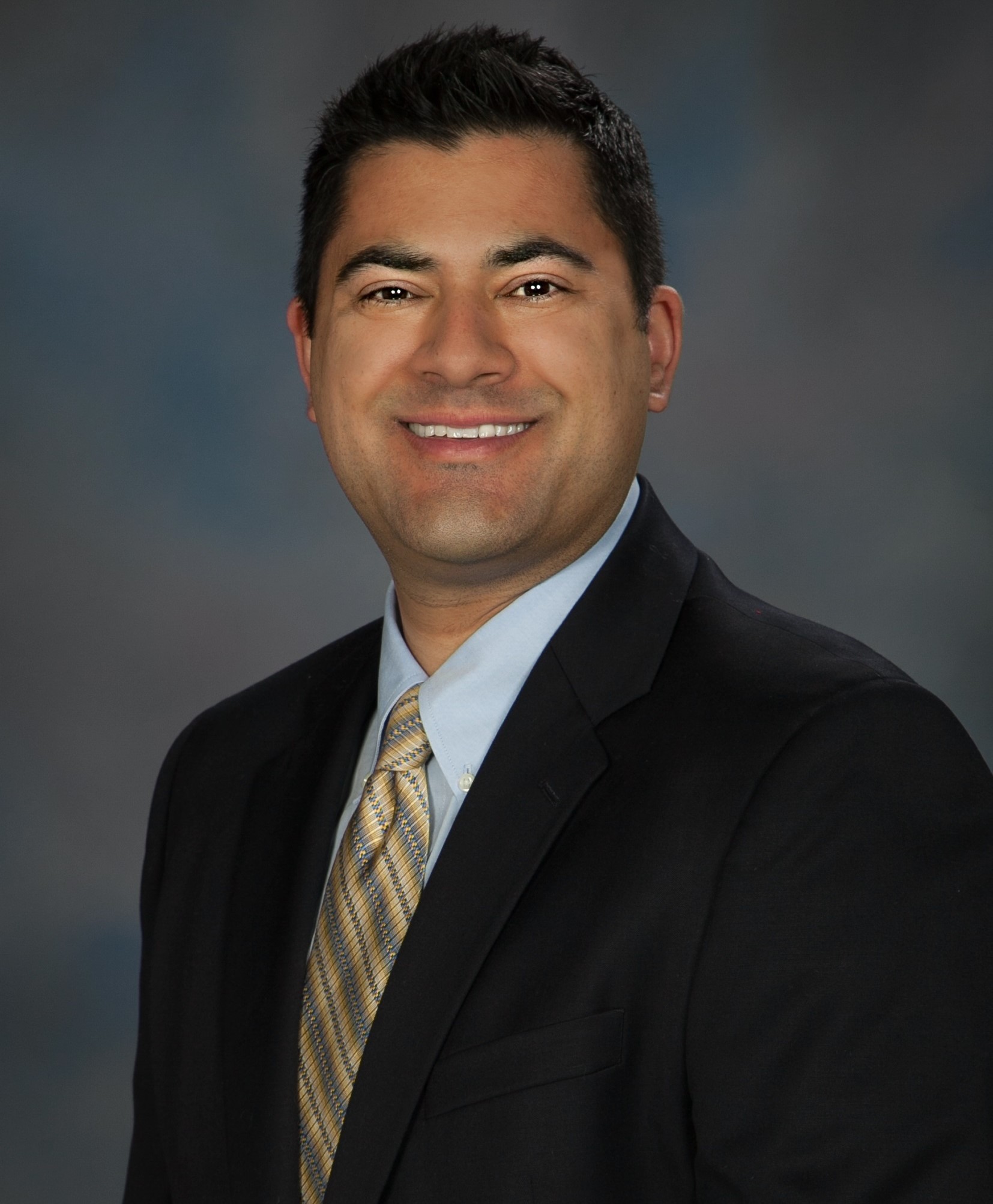The purpose of the fellowship project is to fund research and evaluation projects that will significantly assist the learner’s development while contributing to the field of integrated care. Learn more about our past fellows and their projects.

Joseph Harrison
2022 CFHA Research Fellow
Project: Applying Andersen’s Behavioral Model to the predictors of mental health services utilization in an integrated primary care setting during the COVID-19 pandemic

Jasmine Davis
2021 CFHA Research Fellow
This competitive award supports the work of a trainee or early career professional whose research project significantly contributes to the field of integrated care. CFHA is proud to support Jasmine Davis’ project entitled ” Identifying and Intervening with Highest-Risk Primary Care Patients.”

Angela Hiefner
2020 CFHA Research Fellow
Project: Family Support and Self-Management Behaviors in Underserved Latinx Patients with Diabetes

Julie Gass, PhD
2019 CFHA Research Fellow
Project: Primary care to order: adapting the Customized Care intervention to improve team communication for patients with multimorbidity to integrated care settings

Cody Hostutler, PhD
2018 CFHA Research Fellow
Project: Is psychological flexibility a protective factor in the relationship between adverse childhood events and salient health outcomes in adolescents?

Jennifer Carty, PhD
2017 CFHA Research Fellow
Graduate Education:
University of Massachusetts Medical School
Project: Preventing and treating burnout in family medicine residents utilizing written emotional disclosure: a pilot study

Jeffrey Shahidullah, PhD
2016 CFHA Research Fellow
Undergraduate Institution & Degree:
Bachelor of Arts, Hanover College
Graduate Education:
PhD in Clinical Psychology, Bowling Green State University
Project: This study will empirically evaluate an innovation in training by delivering a behavioral health curriculum to pediatric residents in a setting in which behavioral health services are integrated in primary care. The curriculum is delivered by behavioral health providers who are embedded within the patient-centered medical home.

Jennifer Wray, PhD
2015 CFHA Research Fellow
Undergraduate Institution & Degree:
Bachelor of Arts, Providence College
Graduate Education:
PhD in Clinical Psychology, University at Buffalo
Project: This project focuses on qualitative interviews with behavioral health providers and primary care providers to better understand the barriers and facilitators of implementing brief interventions for tobacco use and alcohol misuse in integrated primary care settings. In the second phase of this project, we will be using these responses to create a survey that will be filled out by providers working in integrated primary care clinics to assess these barriers and facilitators on a larger scale.

Robyn Shepardson, PhD
2014 CFHA Research Fellow
Undergraduate Institution & Degree:
BS in Psychology from University of Mary Washington, Fredericksburg, VA
Other Graduate Education:
MS and PhD in Clinical Psychology from Syracuse University, Syracuse, NY
Predoctoral internship at the Brown Clinical Psychology Training Consortium, Health Psychology/Behavioral Medicine track, Providence, RI
Project: Anxiety disorders are prevalent among primary care patients, so it is not surprising that anxiety is the second most common reason (after depression) that primary care patients are referred to integrated behavioral health providers (BHPs). I developed this study because little is known about how BHPs treat anxiety in real-world clinical practice in integrated primary care and what types of symptoms/problems co-occur with anxiety in primary care patients. Better understanding of provider practices and patient presentations will ultimately help inform the development of new treatments for use in integrated primary care.

Christina L. Vair, PhD
2013 CFHA Research Fellow
Undergraduate Institution & Degree:
Bachelor of Arts (2005) in Psychology, Warren Wilson College, Swannanoa, North Carolina
Graduate and Post-Graduate Education:
Master of Arts (2009), Clinical Psychology, University of Colorado, Colorado Springs, Doctor of Philosophy (2012), Clinical Psychology with emphasis in Geropsychology, University of Colorado, Colorado Springs
Pre-Doctoral Internship (2011-2012), VA Western New York Healthcare System, Buffalo, New York. Post-Doctoral Fellowship, Advanced Fellowship Program in Mental Illness Research and Treatment (MIRECC; 2012-2014) with emphasis in Primary Care-Mental Health Integration, VA Center for Integrated Health Care, Buffalo, New York
Project: My project, entitled “Training Experiences, Needs Assessment, and Model Adherent Behaviors of Psychology Integrated Care Trainees,” emerged directly from own experiences while training to be a behavioral health consultant within the Department of Veterans Affairs. One of the seminal experiences of my pre-doctoral internship was a rotation focused on learning about integrated care research at the VA Center for Integrated Healthcare. A core component of that rotation was assisting in developing a comprehensive didactic reading list of scholarly literature pertaining to the implementation of integrated care.

Caitlin Burditt, PhD
2012 CFHA Research Fellow
Undergraduate Institution & Degree:
Middlebury College in Middlebury Vermont – BA in Psychology
Other Graduate Education:
I got my PhD in clinical psychology from the University of Rhode Island and completed my clinical internship in behavioral medicine at Brown University
Project: UMASS Worcester Department of Family Medicine has developed collaborative, multidisciplinary, healthcare teams by integrating behavioral health services into family medicine residency training. One of the novel integrated primary care methods employed is the dual interview (Blount, DeGirolamo, Mariani, 2006). In its simplest form, a dual interview is a patient visit where both the medical and behavioral health provider are present, and each add value to the patient encounter.